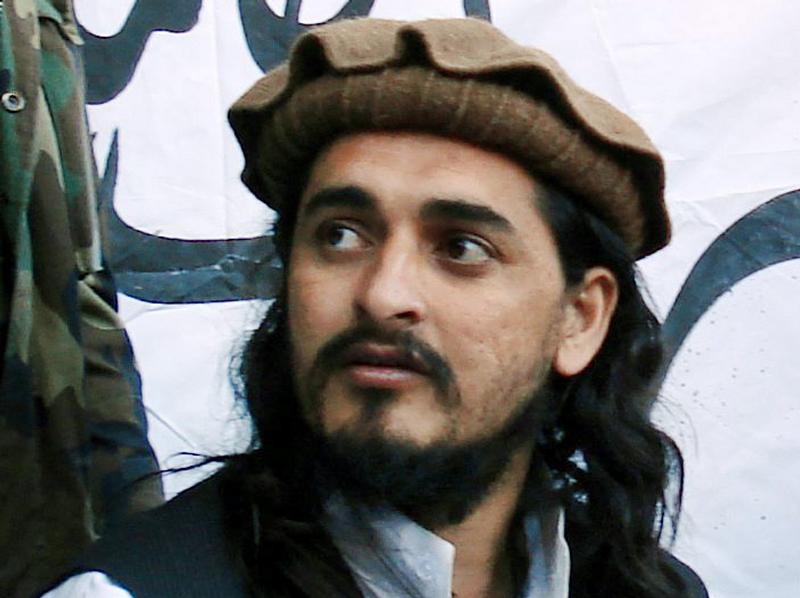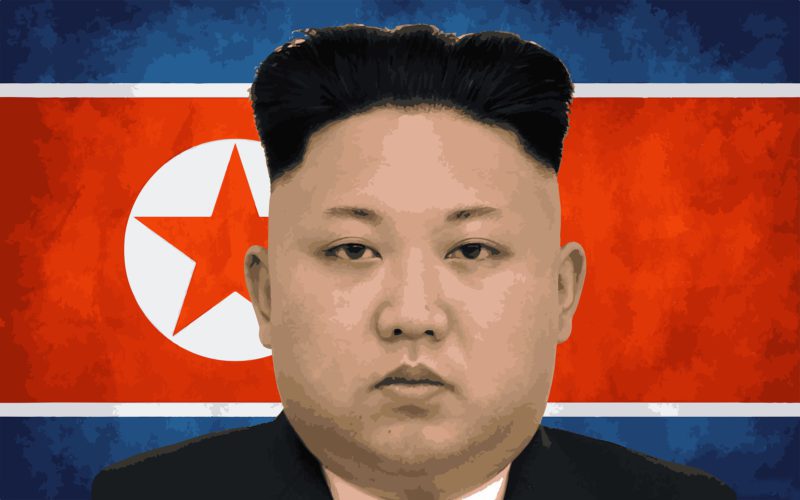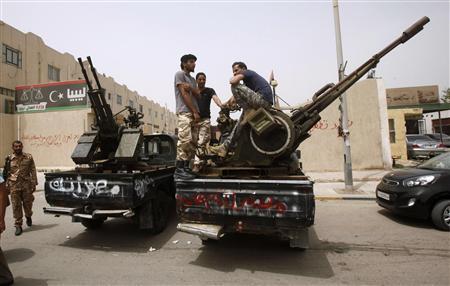The death of Pakistan Taliban leader, Hakimullah Mehsud, by US drone aircrafts has re-ignited violent confrontations between the West and terrorist groups. The most controversial issue since the leader’s death has been the reaction of Pakistan and Taliban leaders.
[captionpix align=”left” theme=”elegant” width=”250″ imgsrc=”http://natoassociation.ca/wp-content/uploads/2013/11/Taliban-Fighters.jpg” captiontext=””]
Who are the Taliban?
Emerging in the early 1990s in Northern Pakistan, the Taliban formed an Islamic fundamentalist political movement that initiated in Pakistan and made its way into Afghanistan. While in power, the Taliban enforced strict interpretations of Sharia law, which many Muslims have been deeply critical of. Most importantly, the Taliban have been condemned internationally for their brutal treatment of women. After the 9/11 attacks on the US, the Bush administration announced a War on Terror, which continues to this very day. The Taliban control areas in the North-West frontier and have been blamed for a wave of suicide bombings and other attacks.
Taliban Reactions
The death of Mehsud produced great hatred towards the US. Pakistan’s Interior Minister, Chaudhry Nisar, announced that “the murder of Hakimullah is the murder of all efforts of peace. Americans said they support our efforts at peace. Is this support?” In addition, Pakistan Taliban spokesman Azam Tariq stated “every drop of Hakimullah’s blood will return into a suicide bomber. America and their friends shouldn’t be happy because we will take revenge for our martyr’s blood.”
The Consequences of Killing Mehsud
Although the US killed an influential Taliban member, he will easily be replaced by others who are determined to take on the role. Even one of Malala Yousafzai’s attackers is a possible successor.
The death of Mehsud is ill timed. As American and NATO troops are preparing to leave Afghanistan in 2014, the region could return to its chaotic pre-intervention state. The links between the Taliban in Pakistan and Afghanistan are strong, and change in leadership in one region could significantly affect other regimes.
Advances made in terms of women’s rights might be retrenched in the absence of foreign intervention. According to the Pakistan leaders, the US has defied their initiative for peace. It seems that despite US security intentions, the decision to kill Mehsud has only sparked another security crisis in the region.




